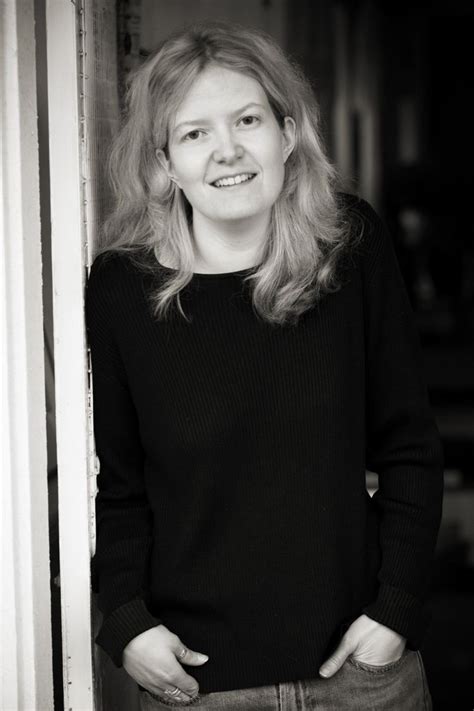A Quote by Marcus Garvey
A happy but miserable state in which man finds himself from time to time; sometimes he believes he is happy by loving, then suddenly he finds how miserable he is. It is all joy, it sweetens life, but it does not last. It comes and goes, but when it is active, there is no greater virtue, because it makes one supremely happy.
Related Quotes
If you are happy, you are happy; nobody asks you why you are happy. Yes, if you are miserable, a question is relevant. If you are miserable, somebody can ask why you are miserable, and the question is relevant - because misery is against nature, something wrong is happening. When you are happy, nobody asks you why you are happy, except for a few neurotics. There are such people; I cannot deny the possibility.
When you feel good, everything around you is good, when everything around you is great, everything makes you happy. You are loving everything that is around you, because you are loving yourself. Because you like the way you are. Because you are happy with your life. You are happy with the movie that you are producing, happy with your agreements with life. You are at peace, and you are happy. You live in that state of bliss where everything is so wonderful, and everything is so beautiful. In that state of bliss you are making love all the time with everything that you perceive.
Can any man say with certainty that he was happy at a particular moment of time which he remembers as being delightful? Remembering it certainly makes him happy, because he realizes how happy he could have been, but at the actual moment when the alleged happiness was occurring, did he really feel happy? He was like a man owning a piece of ground in which, unknown to himself, a treasure lay buried.
Misery makes you special. Misery makes you more egoistic. A miserable man can have a more concentrated ego than a happy man. A happy man really cannot have the ego, because a person becomes happy only when there is no ego. The more egoless, the more happy; the more happy, the more egoless. You dissolve into happiness. You cannot exist together with happiness; you exist only when there is misery. In happiness there is dissolution.
A man never is happy, but spends his whole life in striving after something which he thinks will make him so; he seldom attains his goal, and when he does, it is only to be disappointed; he is mostly shipwrecked in the end, and comes into harbor with mast and rigging gone. And then, it is all one whether he has been happy or miserable; for his life was never anything more than a present moment always vanishing; and now it is over.
I have to feel that I'm going somewhere all the time. By definition, if you have this urge to go places, then you can't be 100 percent happy where you are. It's not like I enjoy being miserable for weeks on end. But I think it's good to be miserable for about one day every third week - that's ideal for me.
At the happy ending of the Tempest, Prospero brings the kind back togeter with his son, and finds Miranda's true love and punishes the bad duke and frees Ariel and becomes a duke himself again. Everyone - except Caliban - is happy, and everyone is forgiven, and everyone is fine, and they all sail away on calm seas. Happy endings. That's how it is in Shakespeare. But Shakespeare was wrong. Sometimes there isn't a Prospero to make everything fine again. And sometimes the quality of mercy is strained.


































